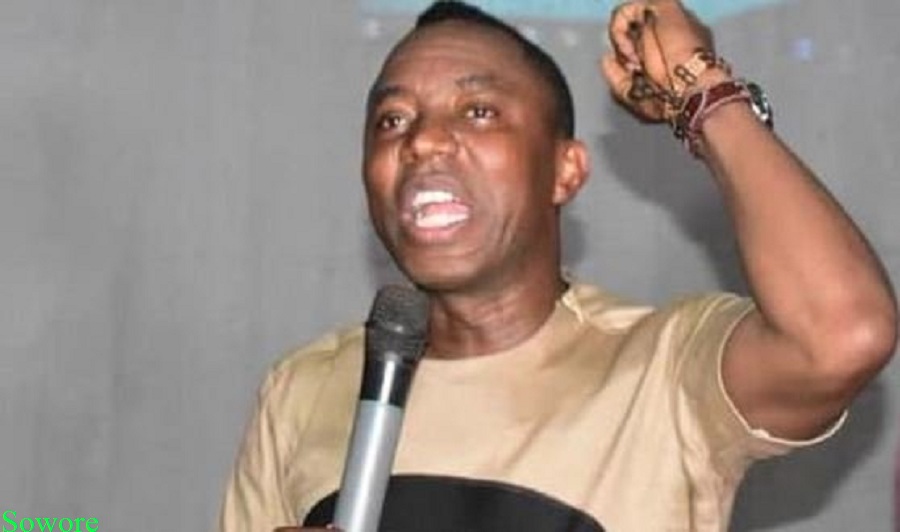The State Security Services (SSS or DSS) has written to Meta, the parent company of Facebook, warning that it could be held criminally liable if Omoyele Sowore’s critical post against President Tinubu remained on the platform.
Demanding an urgent deactivation of his account, the SSS accused Mr Sowore of spreading “misleading information” and “hate speech” capable of inciting violence and threatening Nigeria’s national security.
This was contained in a letter dated 7 September and addressed to Meta’s headquarters in California.
The agency cited provisions of the Criminal Code Act, the Cybercrimes Act 2025, and the Terrorism (Prevention and Prohibition) Act 2022 as bases on which both Mr Sowore and Facebook could be held accountable.
Many local and international rights groups had called for repeal or amendment of some of the laws the SSS referenced, saying they could be used to silence dissenting voices.
In its letter, the SSS referred to a Facebook post by Mr Sowore on 26 August, in which he described Mr Tinubu as a “criminal” and accused him of lying about corruption in Nigeria.
The secret police said the statement disparaged the president, embarrassed the country internationally and generated political tension domestically.
The agency demanded that Meta take down the post and deactivate Sowore’s account within 24 hours or face “far-reaching” consequences.
The agency sent a similar warning to X.
Mr Sowore, however, dismissed the move, accusing the SSS of incompetence and misplaced priorities.
In a statement on Sunday, he described the service as “lawless” and “idle,” alleging it was more concerned with defending Mr Tinubu’s image than tackling insecurity.
He noted that over 130 Nigerians were reportedly killed across the country in a single day while the SSS focused on gagging free speech.
Mr Sowore, a former presidential aspirant, publisher of Sahara Reporters and convener of the #RevolutionNow movement, has had longstanding clashes with the SSS.
In 2019, he was arrested and charged with treason and cyberstalking then-President Muhammadu Buhari after calling for nationwide protests.
His re-arrest inside a courtroom despite a court order granting him bail sparked international outrage, with Amnesty International declaring him a prisoner of conscience.
The SSS has faced repeated accusations of serving as a political tool for successive governments, dissenting and opposition voices.
Its latest petition to Meta comes against the backdrop of Nigeria’s tense relationship with social media platforms. In 2021, the government banned Twitter for seven months after it deleted a post by former President Buhari.
Premium Times





